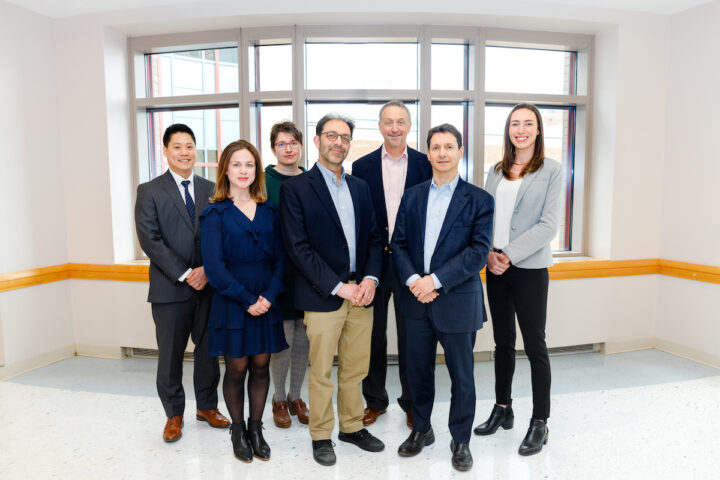David Kim, PhD

Developing Criteria for Health Economic Quality Evaluation (CHEQUE)
Summary
Since the 1970s, the number of published cost-effectiveness analyses (CEAs) has grown considerably, and CEAs have played an increasingly important role in clinical guidelines and coverage/reimbursement decisions. Multiple guidelines for conducting and reporting CEAs have been developed to promote quality, comparability, and transparency across CEAs. Yet, the absence of a quality assessment tool for CEAs limits the field’s ability to distinguish high- vs. low-quality studies and determine whether the increased information translates into better quality evidence. The Second Panel’s recent report on the future directions for CEA highlighted the need for improvements in quality scoring systems for CEAs to aid decision-makers considering economic evidence. Our project aims to fill this gap by: 1) identifying key considerations for methodology and reporting standards in CEAs based on a systematic review of multiple guidelines; and 2) creating a quality scoring system to capture both methodological and reporting criteria based on their relative importance. We have undertaken a comprehensive review of current practice and Health Technology Assessment guidelines (e.g., 2nd Panel, CHEERs, ICER, NICE, CADTH) to identify key recommendations for quality assessment. Using the identified quality attributes, we have developed a best-worst scaling survey, and the survey was distributed to researchers and practitioners in the field to estimate the relative importance of these quality attributes. The survey results will be used to develop a scoring algorithm to estimate quality weights for each methodological and reporting attribute. Our work will help the field understand the relative importance of different attributes when evaluating the quality of economic evaluations, as well as the variation between methodological and reporting quality. Also, the numerical grading of methodological and reporting quality can help decision-makers in health care identify and use those economic evaluations most worthy of consideration. However, the quality score system is just one way to evaluate the potential usefulness of the study findings. Low-quality CEAs may still provide useful insights, so users of the scoring system should carefully judge each study depending on a set of criteria they believe to be important in evaluating quality.
Center for Enhanced Value Assessment (CEVA)
The Center for Enhanced Value Assessment (CEVA) sits within the Center for the Evaluation of Value and Risk in Health (CEVR) at Tufts Medical Center and serves as a platform to focus on a relatively recent phenomenon: namely, the proliferation of health technology value assessment frameworks in the United States. CEVA’s mission is to explore the quantitative implications of incorporating non-traditional value elements into cost-effectiveness analyses.

The CEVA team, from left to right: David Kim, PhD; Anna Legassie; Natalia Olchanski, PhD; Joshua Cohen, PhD; Daniel Ollendorf, PhD; Peter Neumann, ScD, and Madison Silver
I am truly grateful to receive the 2020 PhRMA Foundation Value Assessment Research Award. This Award has allowed our research team to develop a quality assessment tool that can quantitatively capture methodological and reporting quality for cost-effective analyses (CEA). We hope that our Criteria for Health Economic Quality Evaluation (CHEQUE) Tool can help advance the field’s understanding of the variability of study quality across CEAs and identify the best available economic evidence to inform value-based decisions.